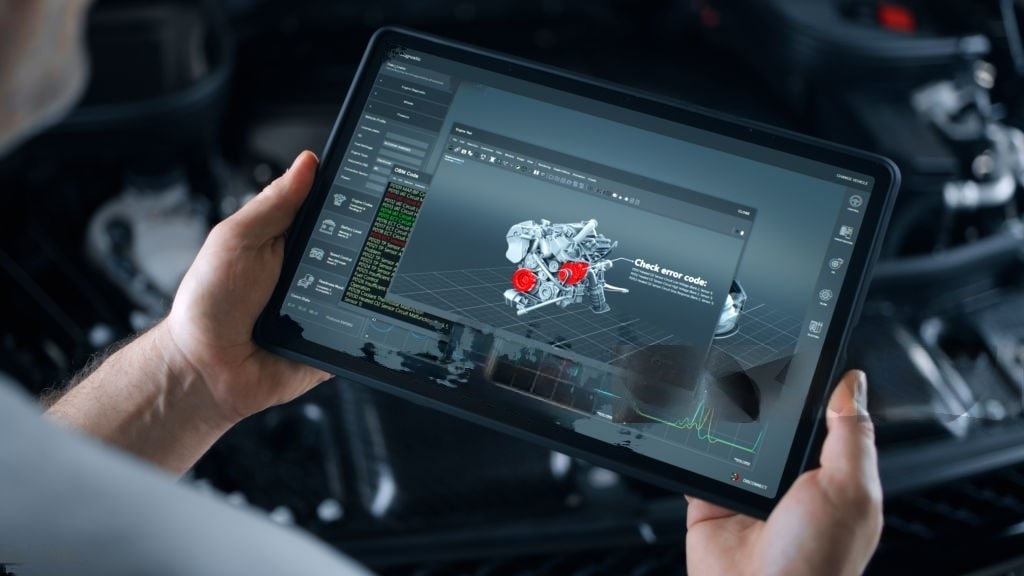Determining if a car needs programming depends on the specific context and what aspect of the car’s operation you are referring to. Here are some common scenarios where programming may be necessary.

1. Replacement Parts or Components:
If you replace certain electronic components like the engine control module (ECM), key fob, or other modules, they might need to be programmed to work with the car’s existing systems.
2. Key Programming:
When adding a new key or remote key fob, you may need to program it to work with your car’s security system.
3. Software Updates:
Some modern cars receive software updates to enhance performance, address issues, or introduce new features. These updates may require reprogramming of the car’s control modules.
4. After Battery Replacement:
In some cases, after replacing the car’s battery, you might need to reprogram certain features or reset settings that were affected by the power loss.
5. Sensor Calibration:
If you replace sensors, such as those for the ABS (Anti-lock Braking System), airbag system, or other safety features, calibration or programming may be necessary.
6. ECU Tuning:
Enthusiasts may choose to modify the engine control unit (ECU) for performance enhancements. This is typically done through a process known as “ECU tuning” or “chip tuning.”
Note: Modern cars often have complex electronic systems, and incorrect programming or manipulation of critical components can lead to malfunctions or safety hazards. Always follow the manufacturer’s guidelines and seek professional assistance if needed.
If you are experiencing specific issues with your car, it’s advisable to consult the car’s manual or contact the manufacturer’s customer support for guidance. If you face any issues regarding your car’s computer programming, feel free to contact us at our contact numbers given below.
